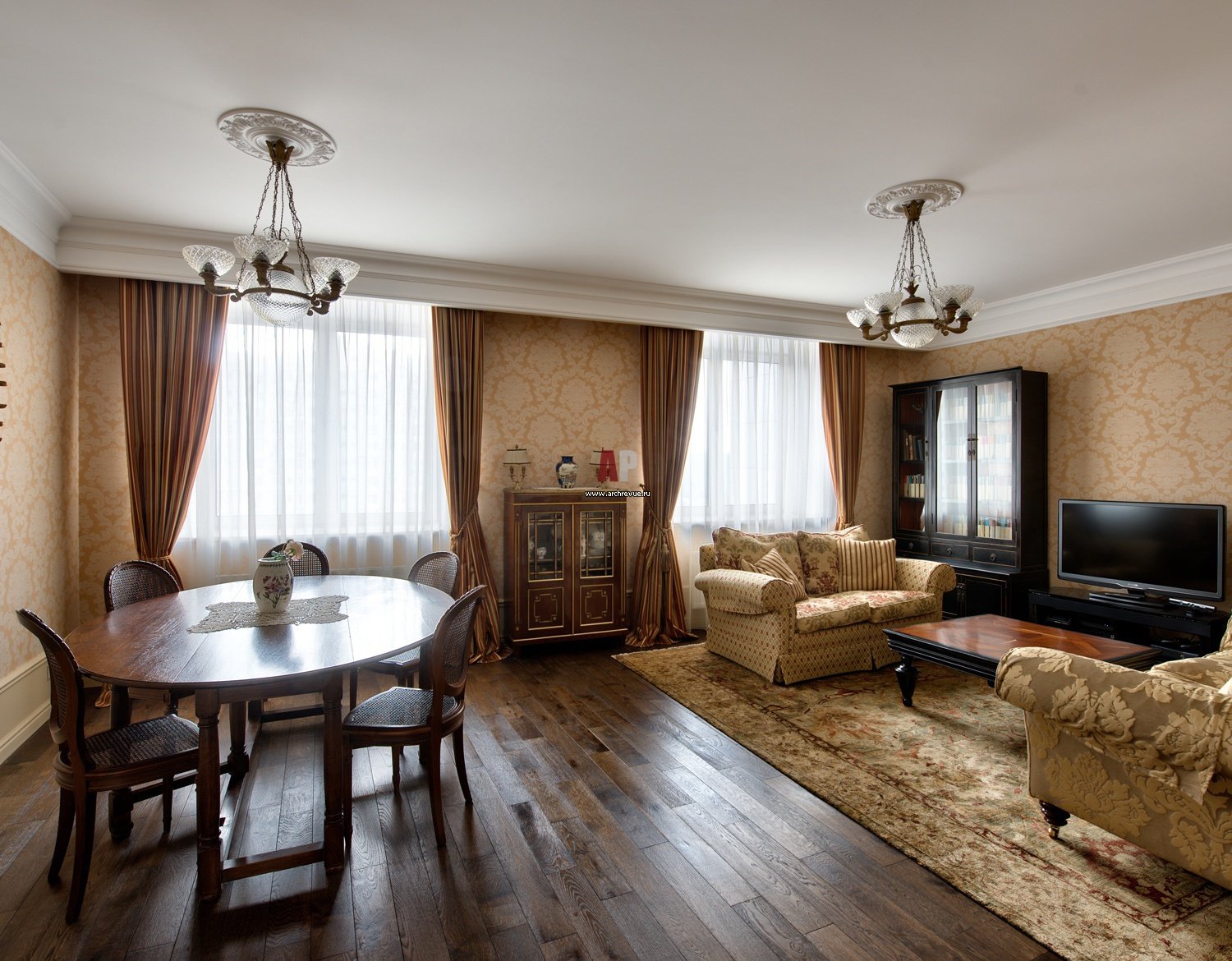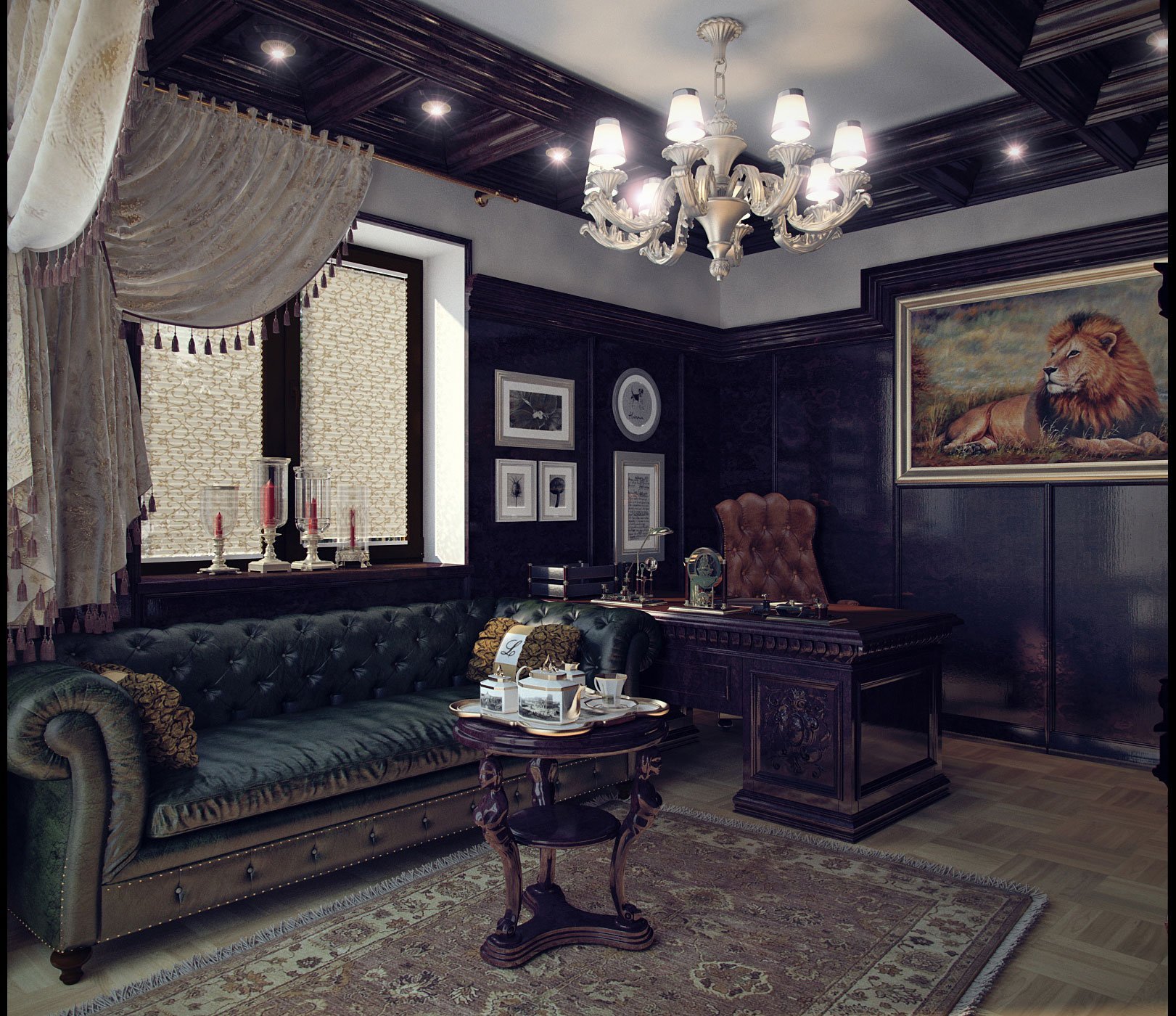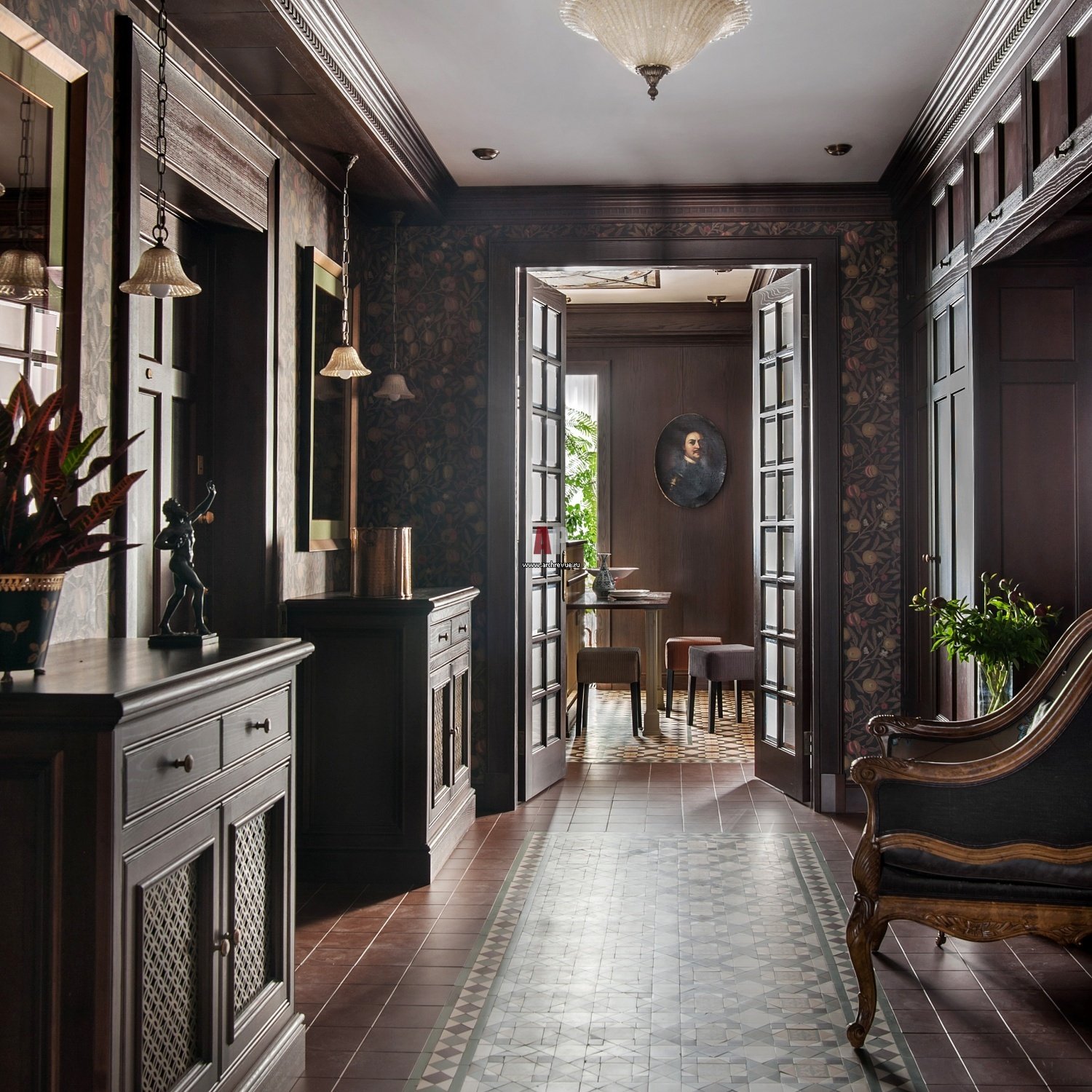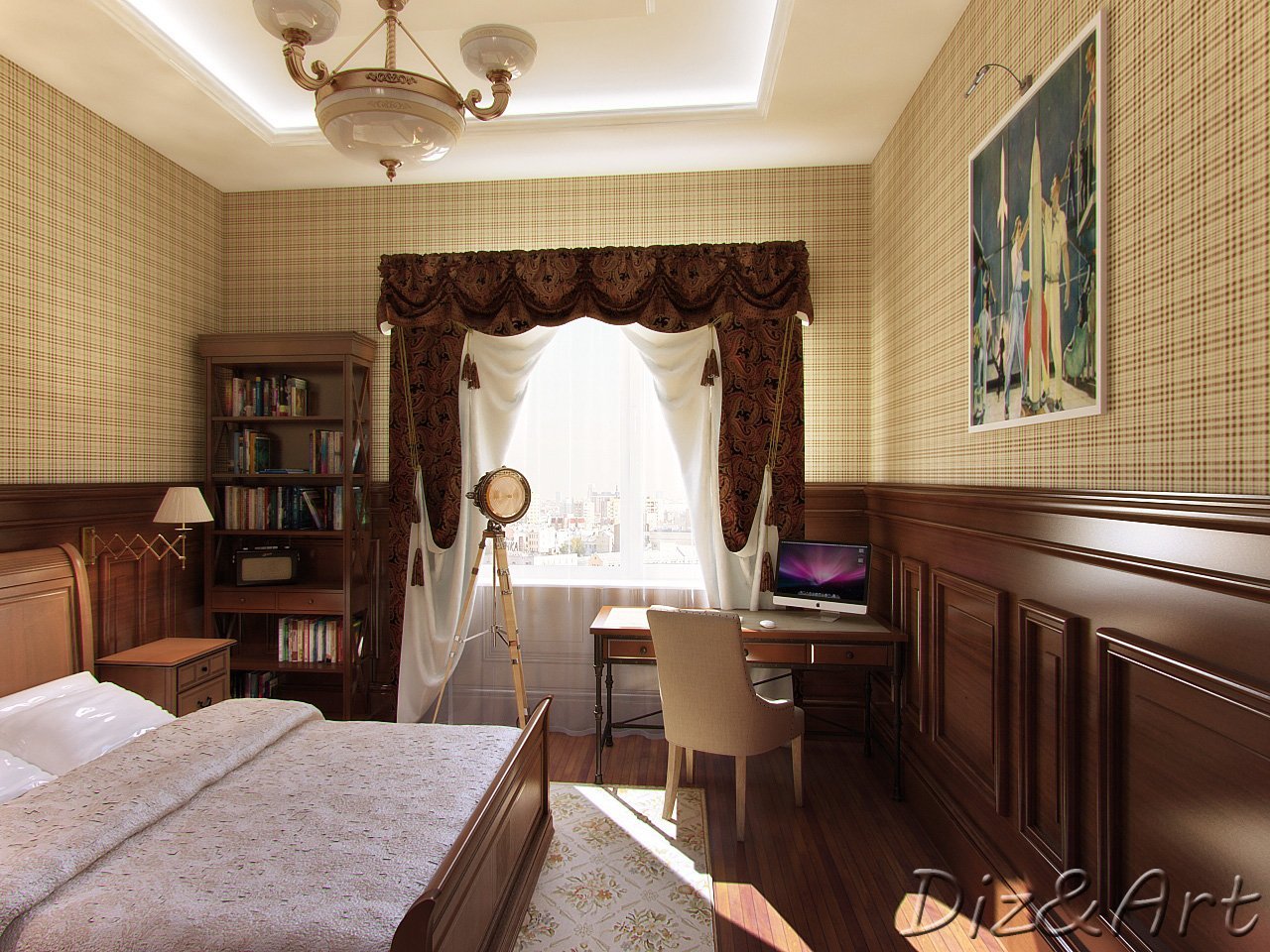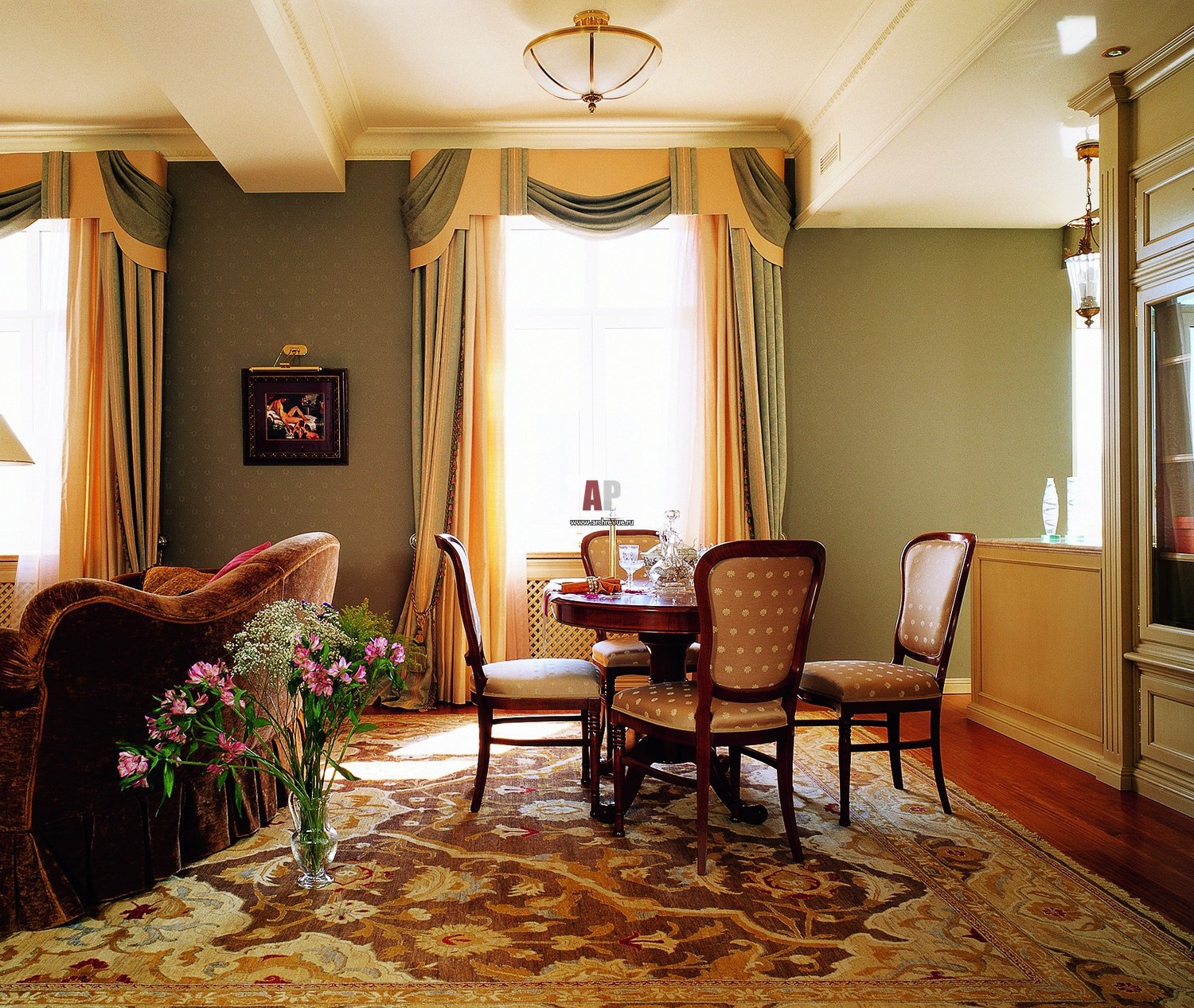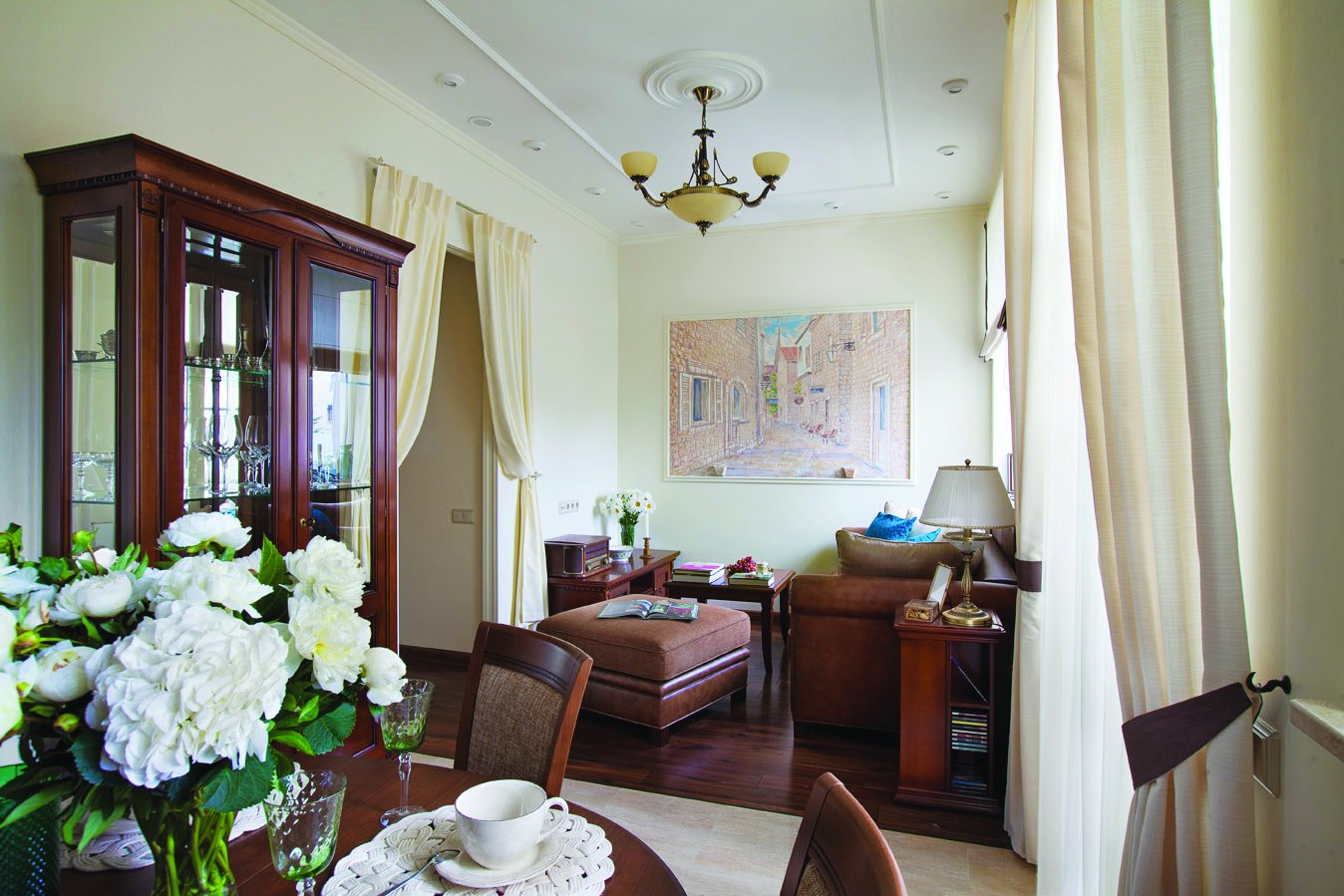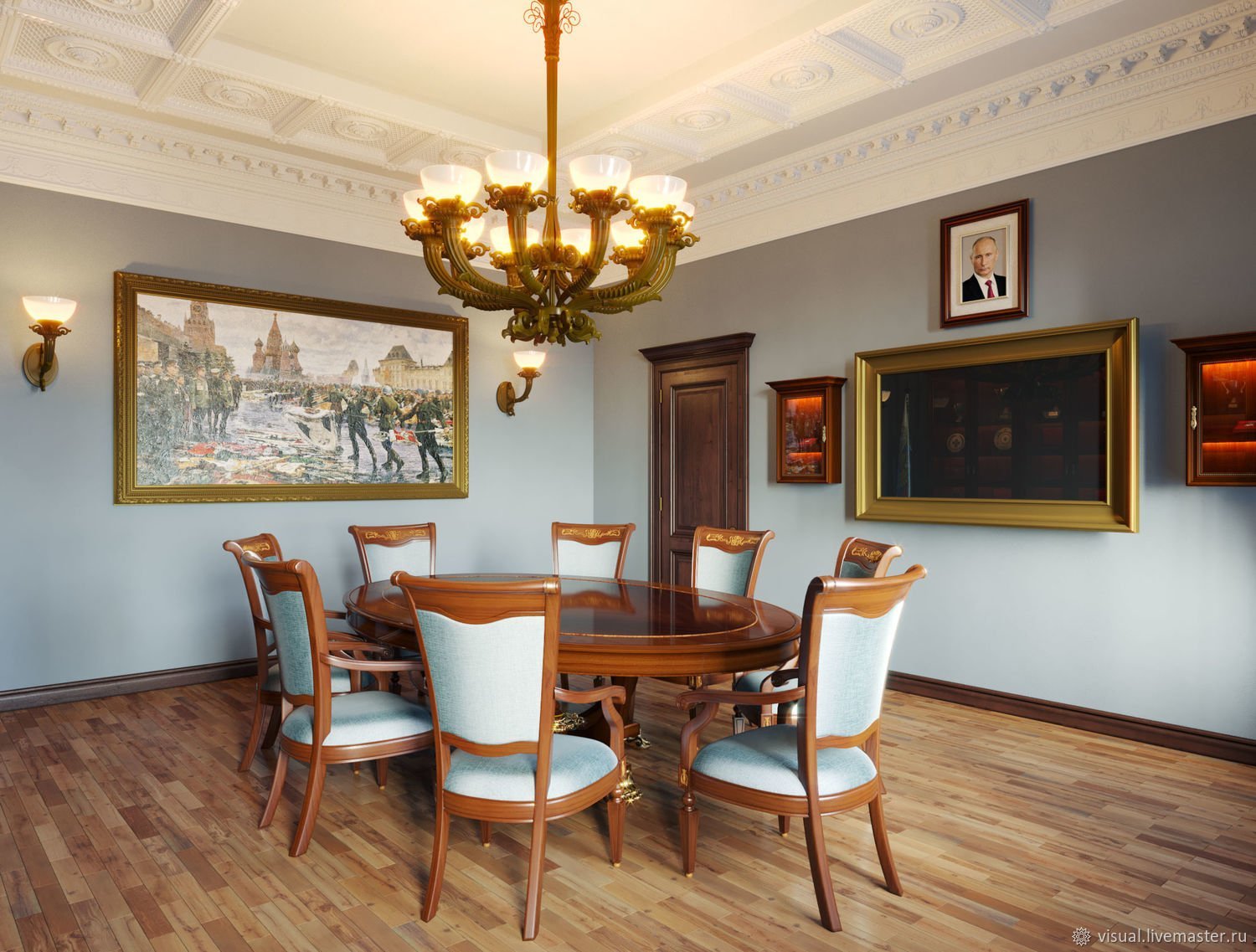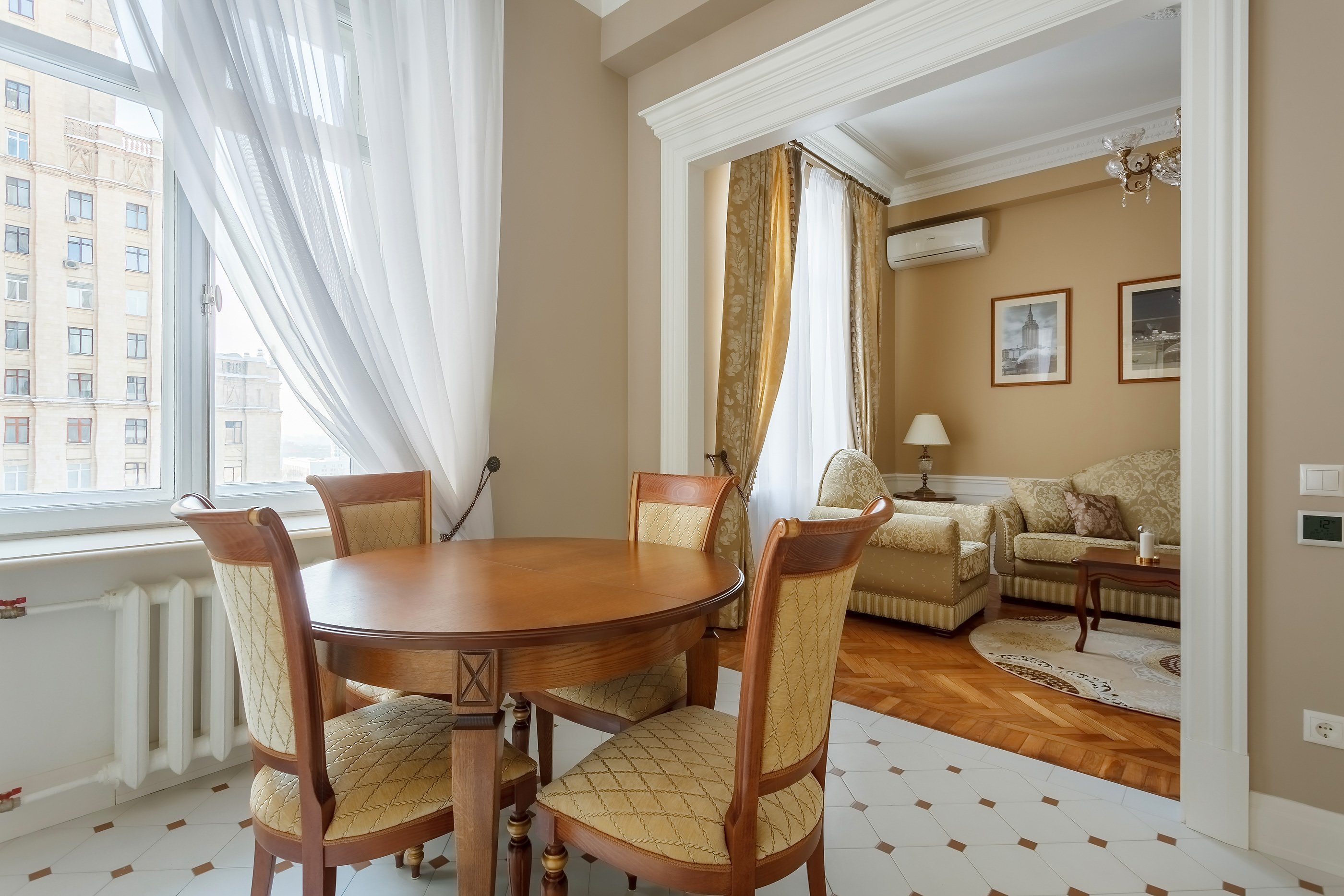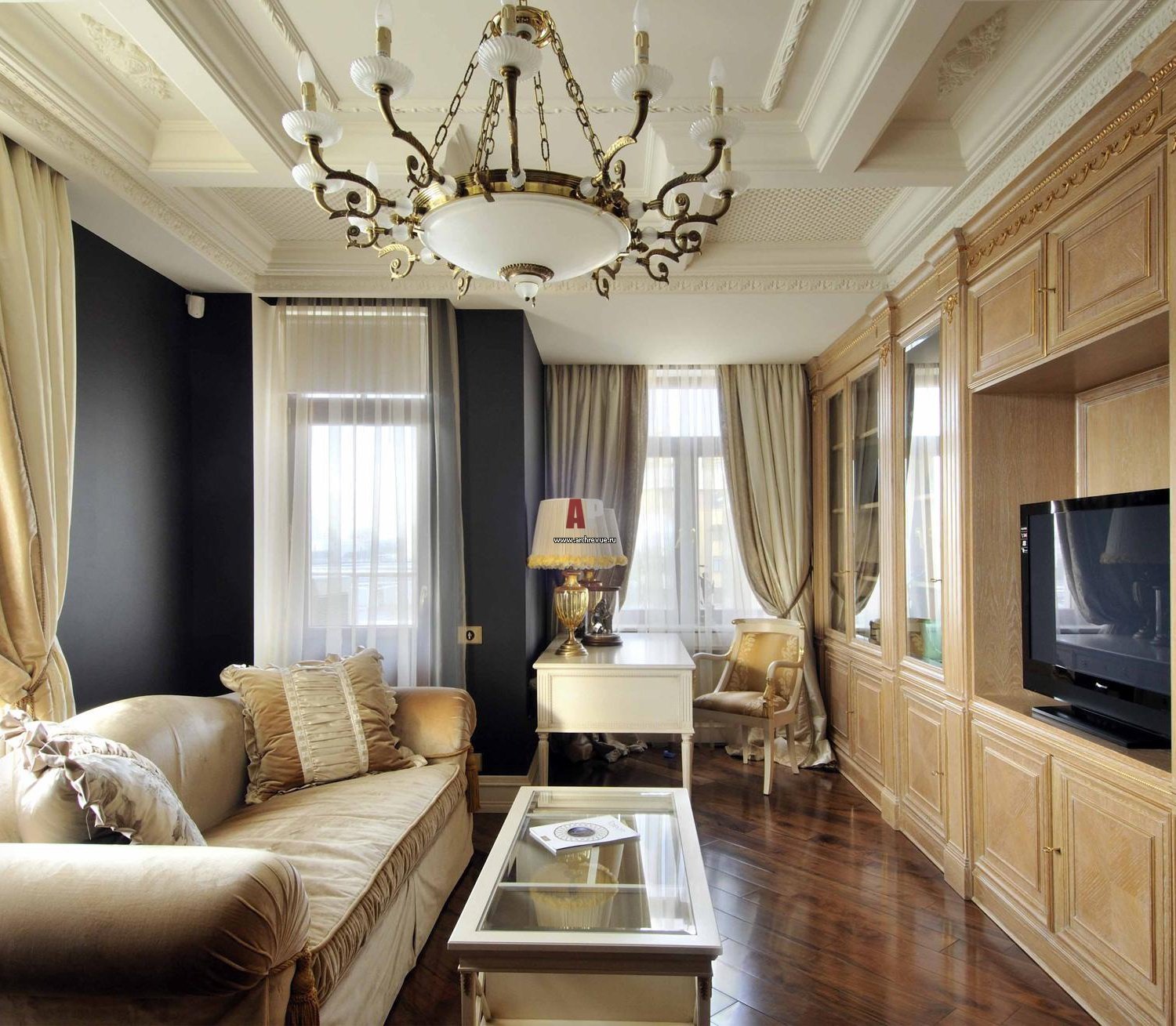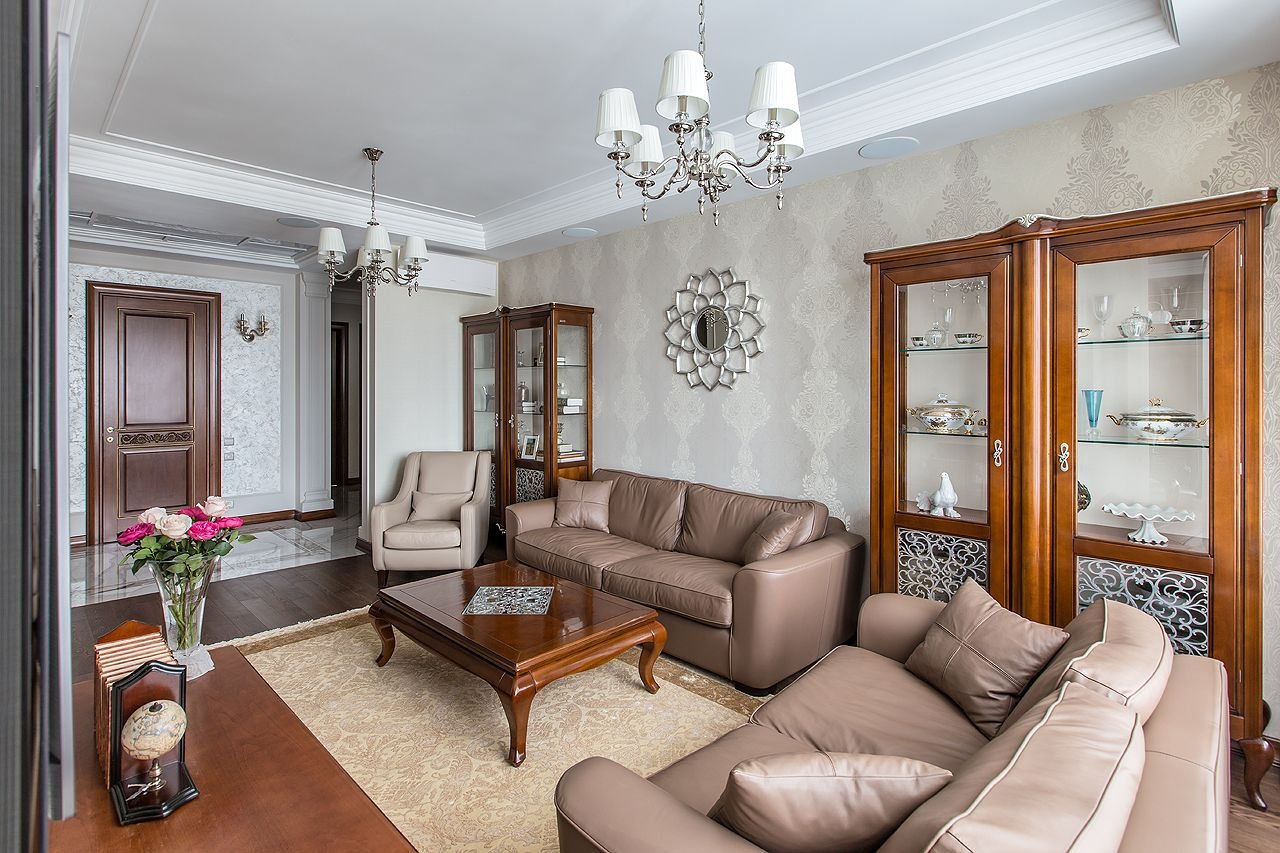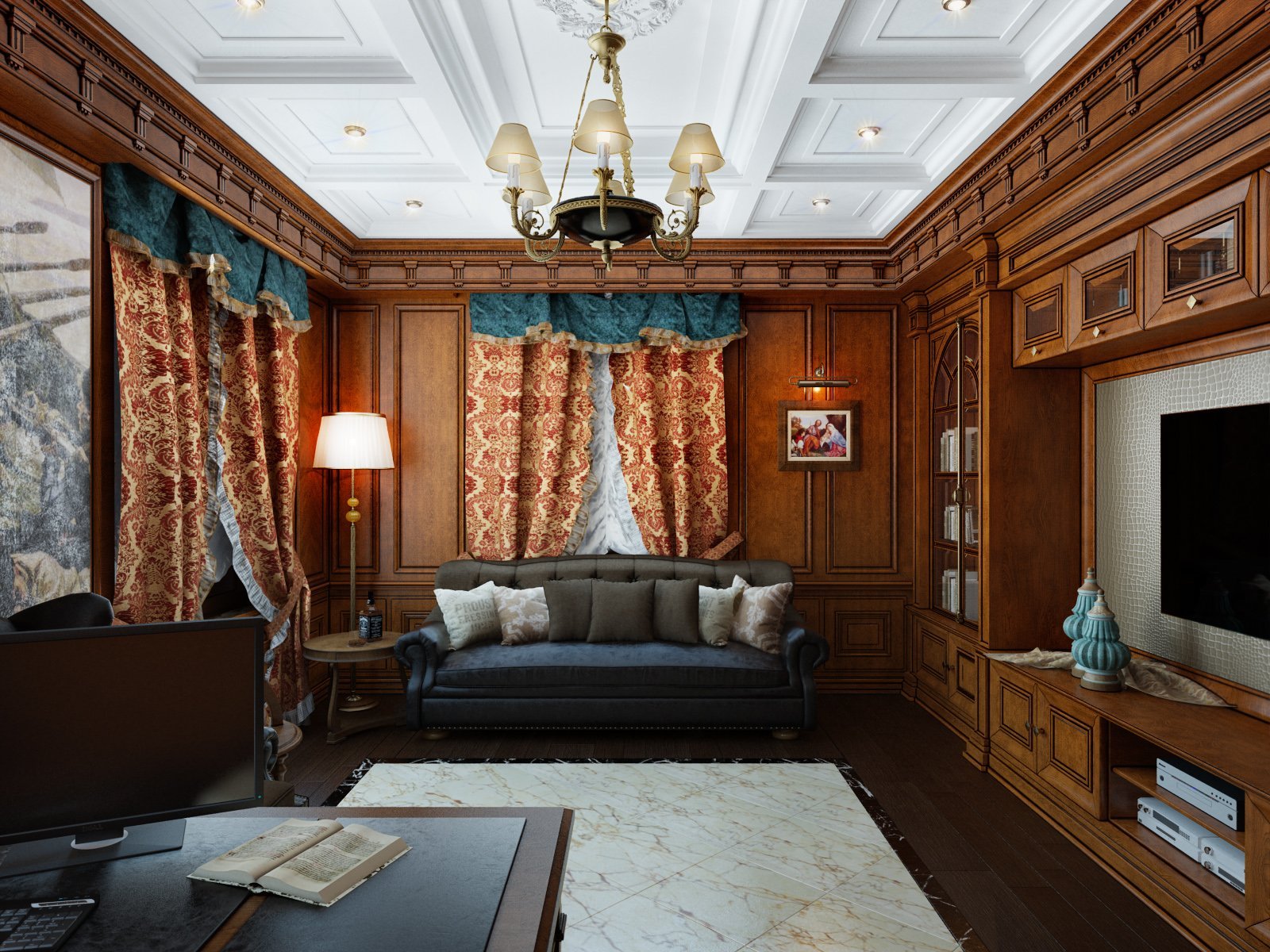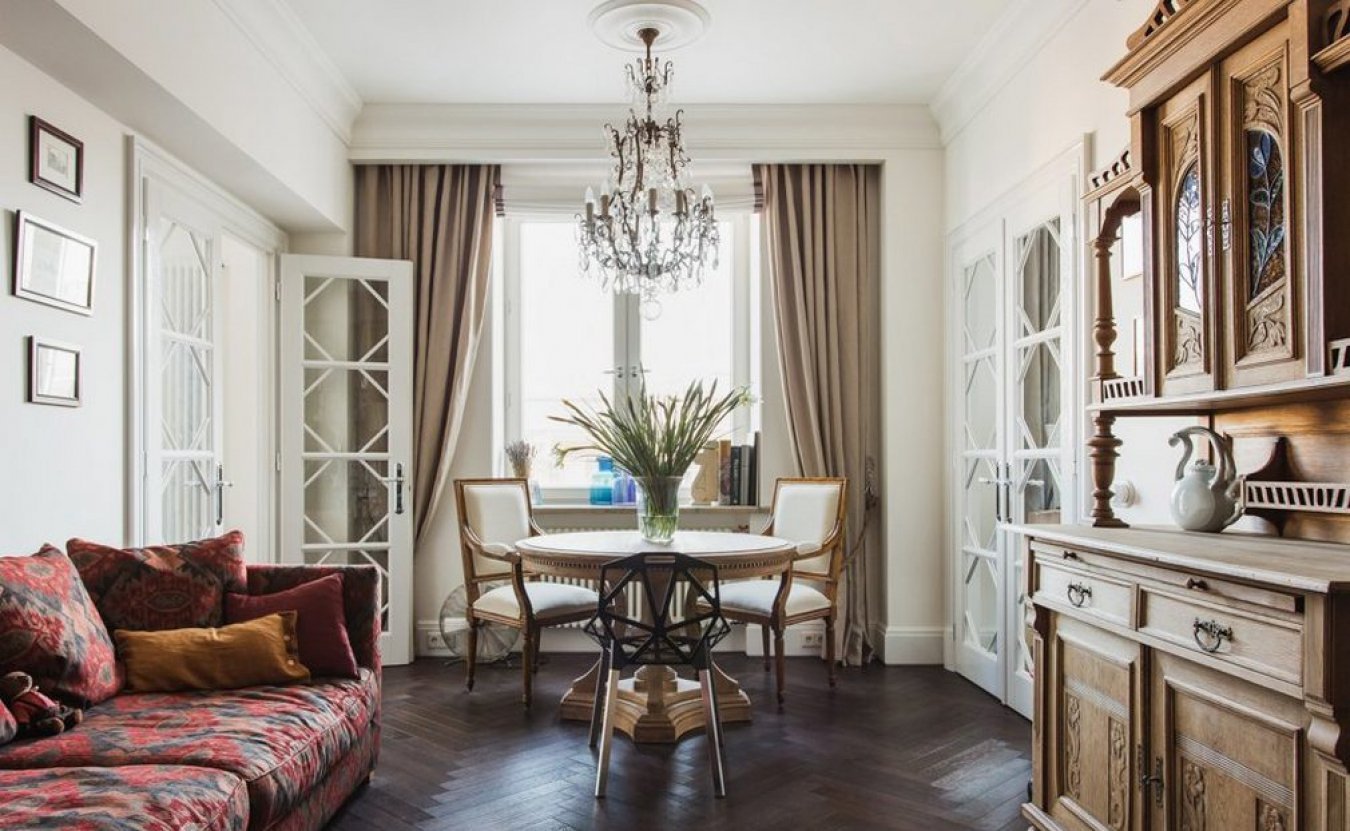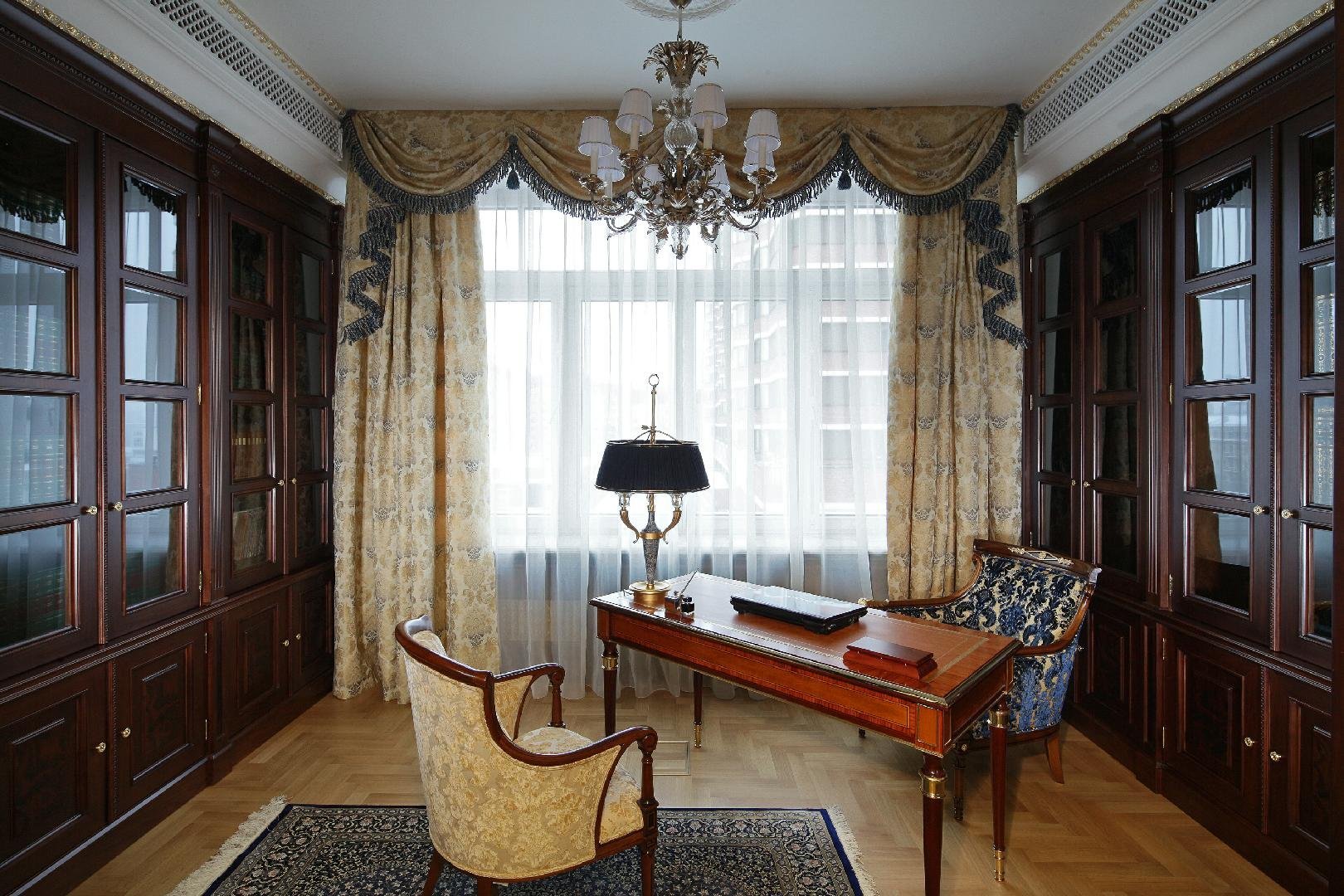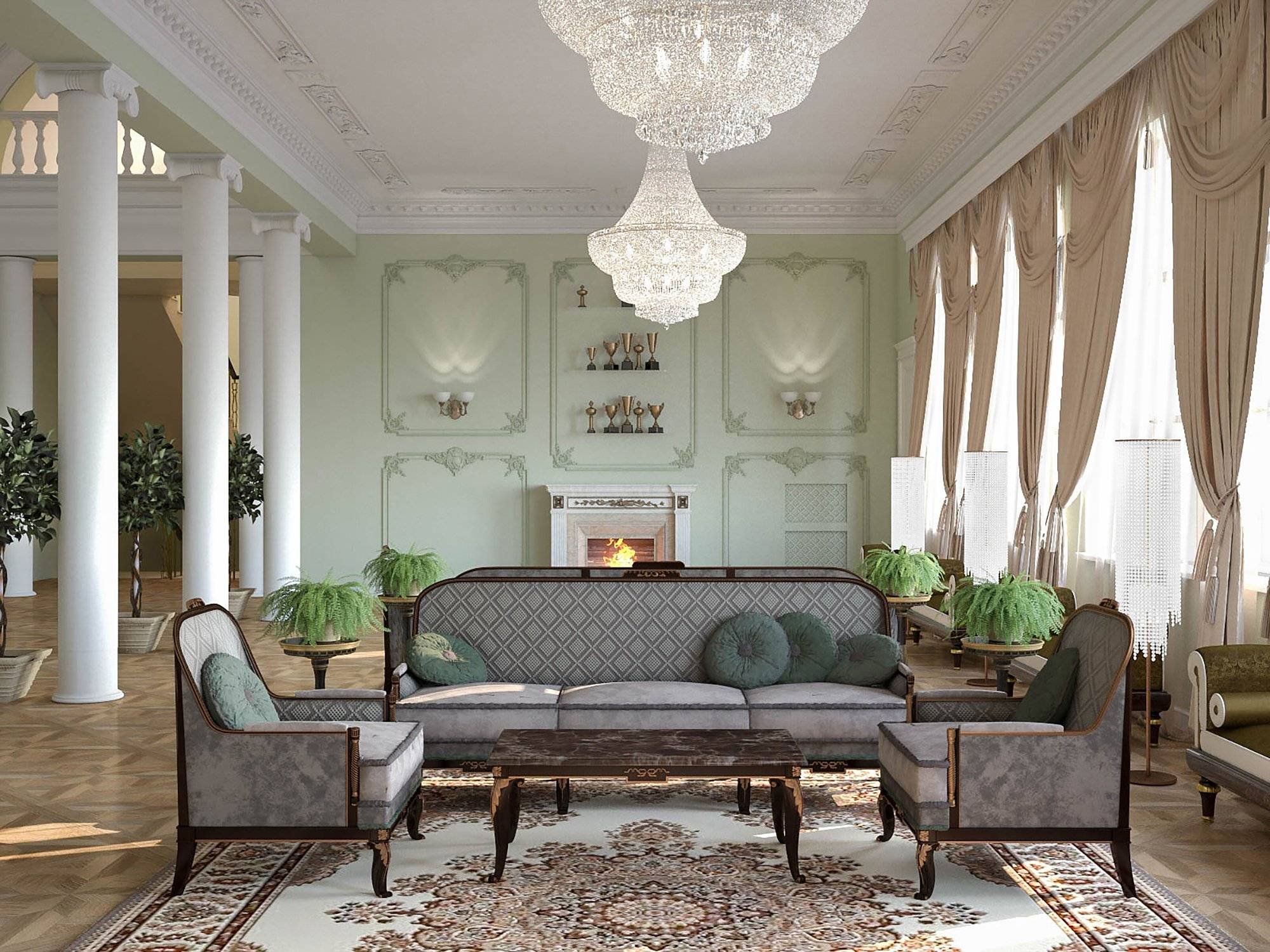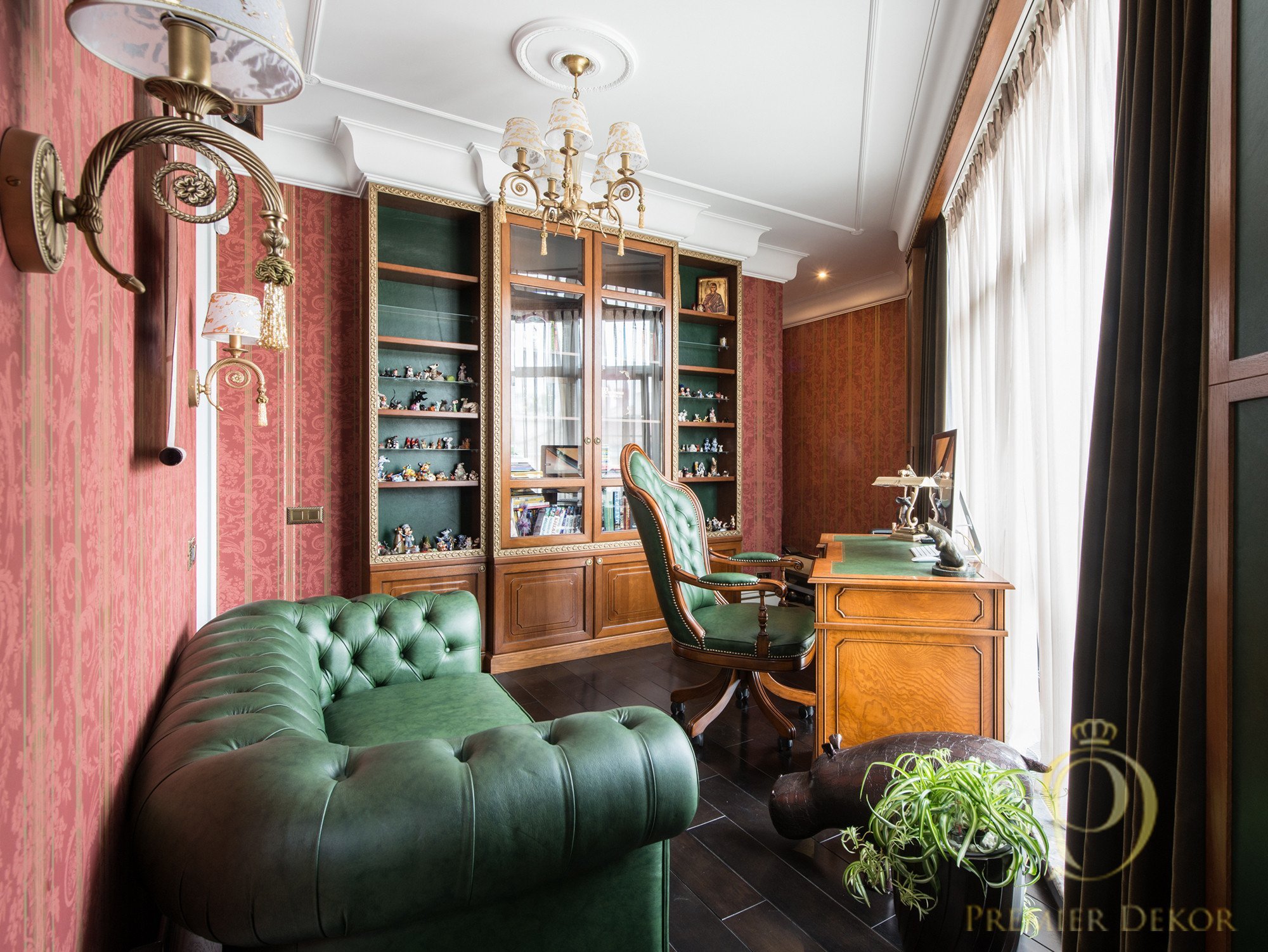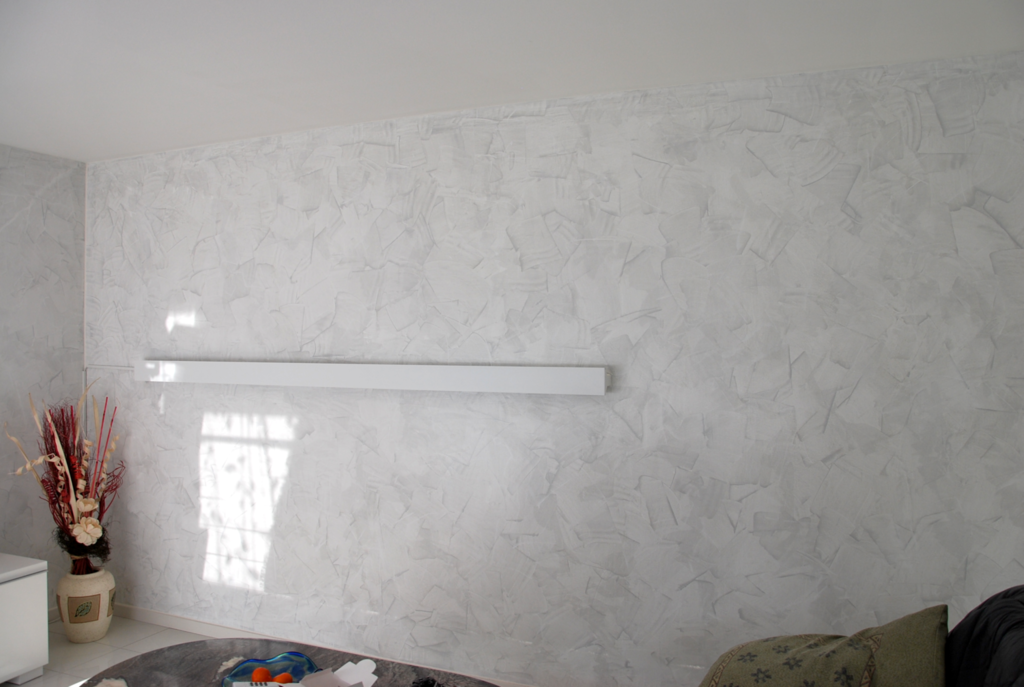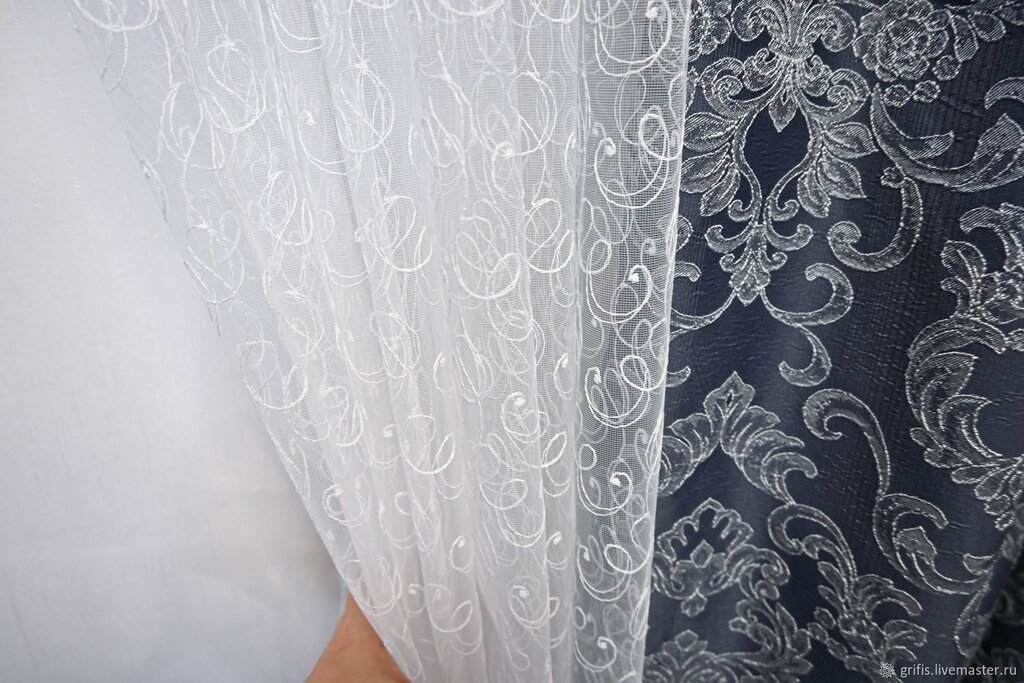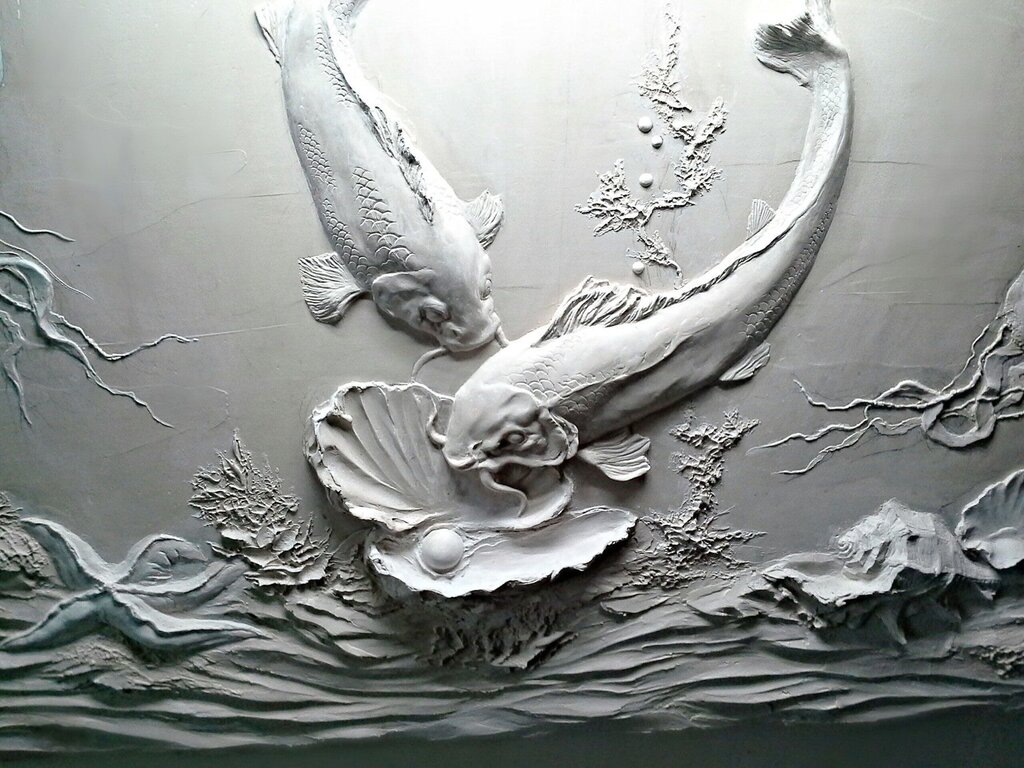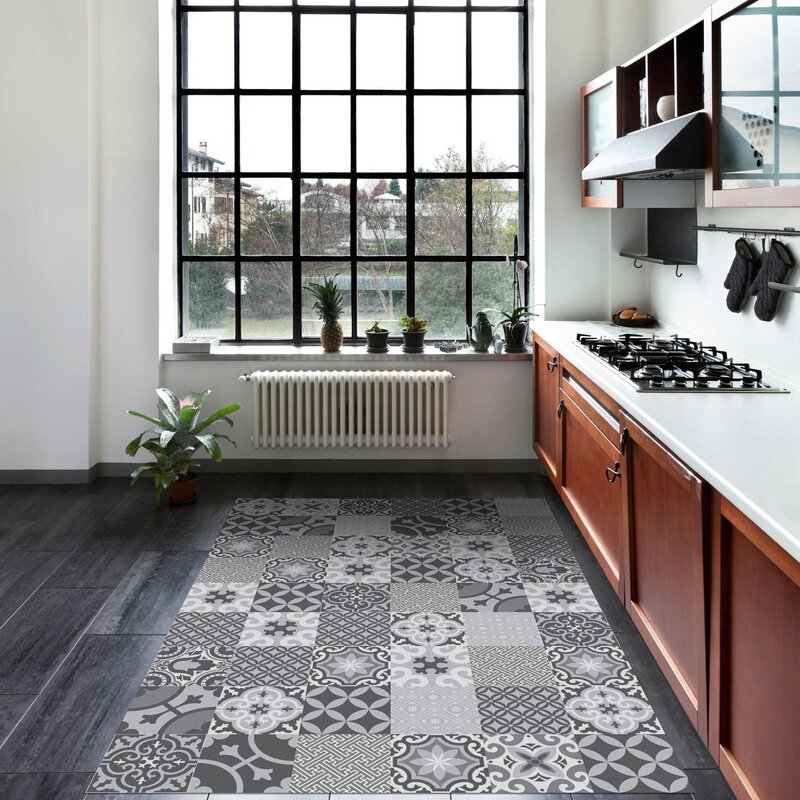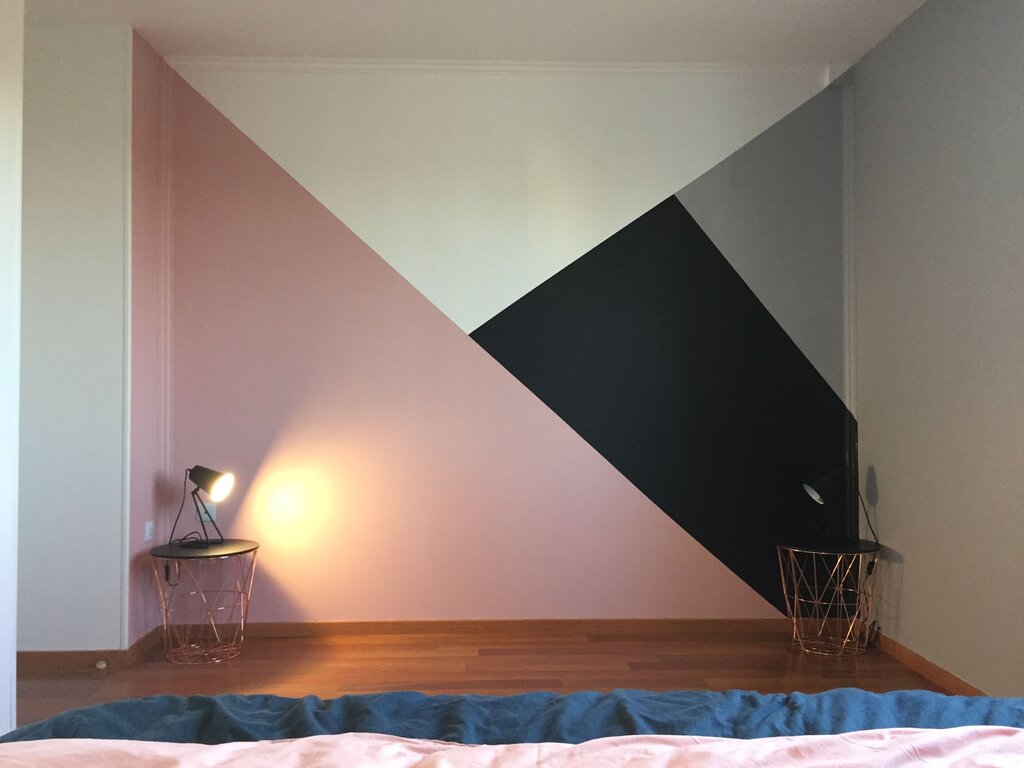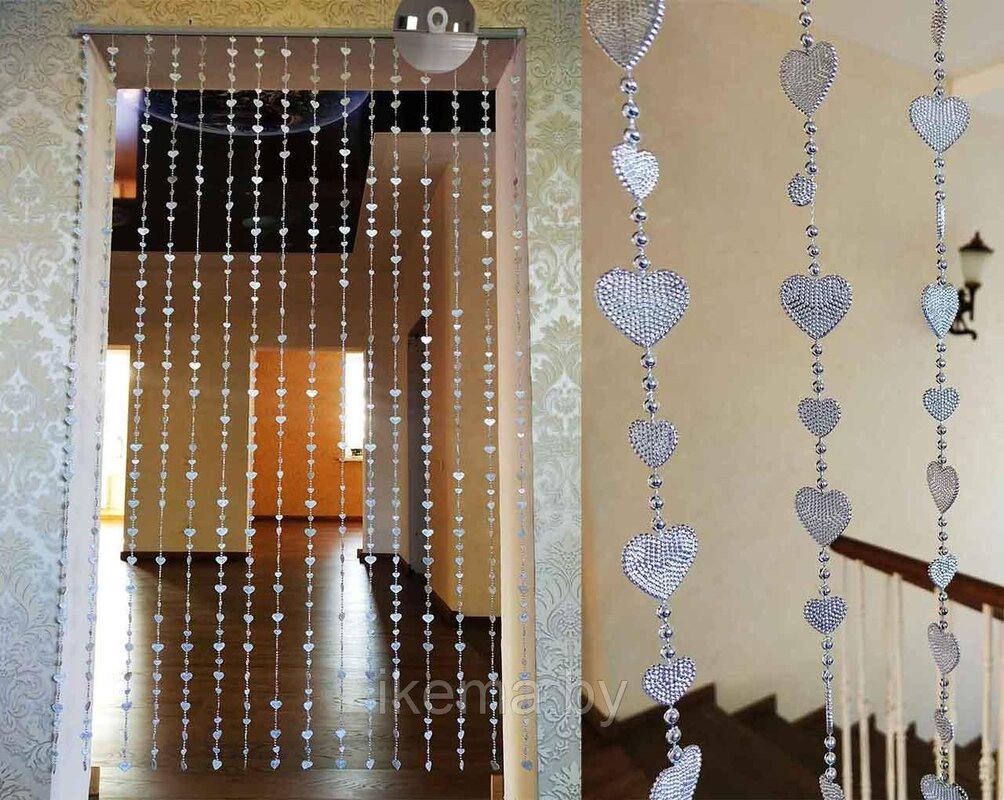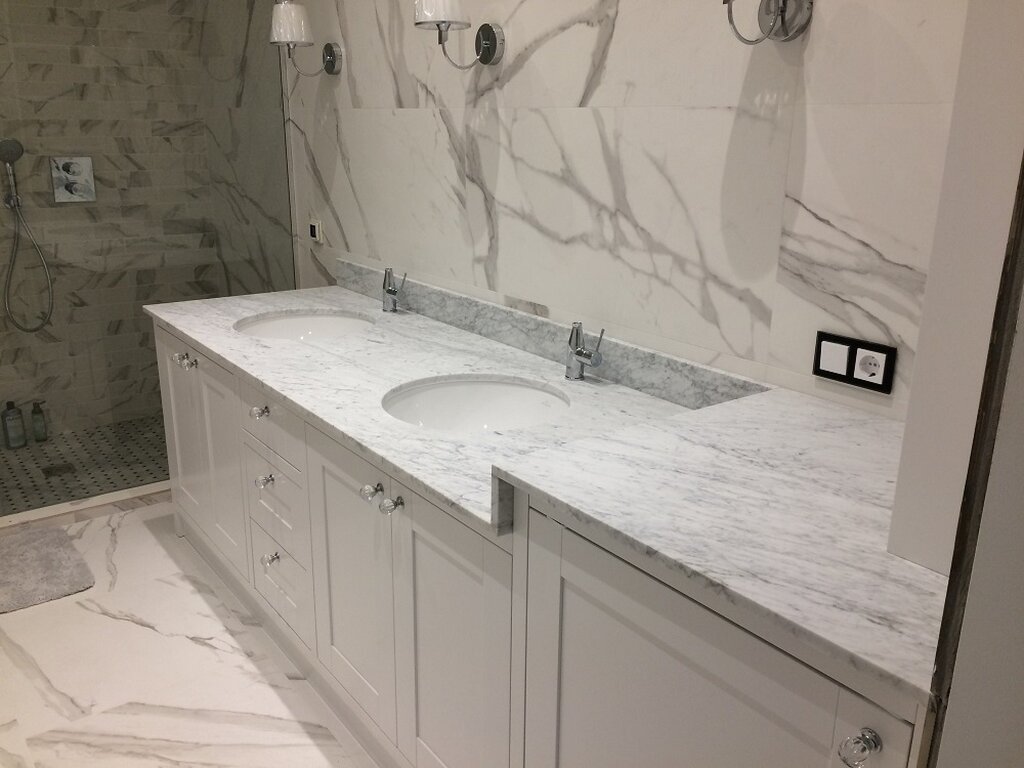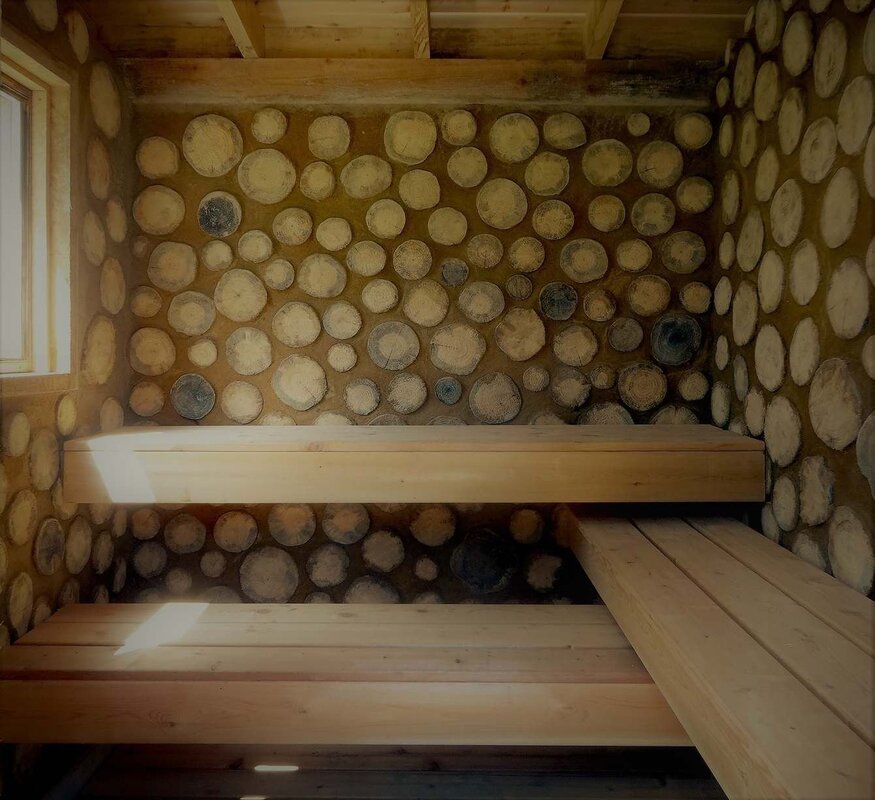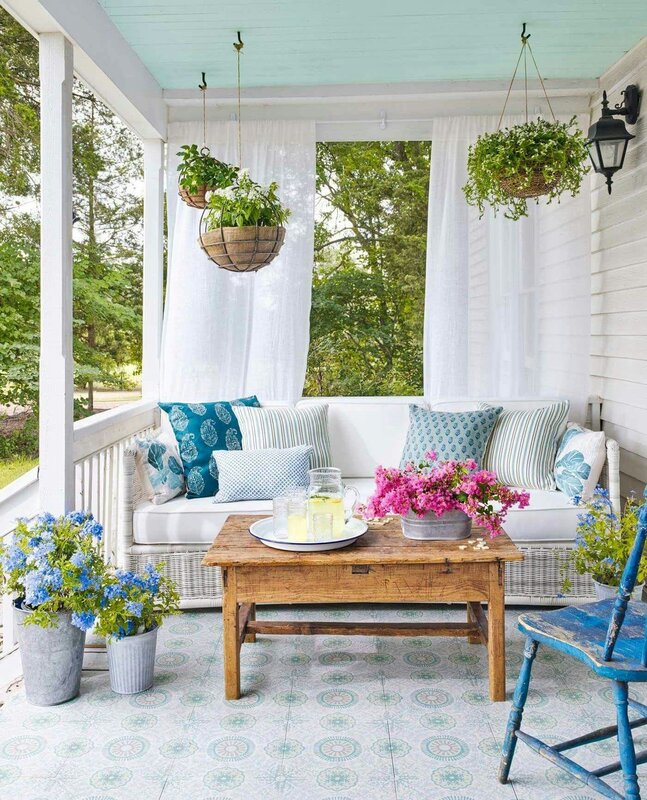Stalinist Empire style in the interior 18 photos
The Stalinist Empire style, also known as Stalinist architecture or Socialist Classicism, is a distinctive design movement that emerged in the Soviet Union from the late 1930s to the early 1950s. This style is characterized by its grandiose and monumental aesthetic, merging elements of Russian neoclassicism with socialist ideology. In interiors, Stalinist Empire style reflects opulence and grandeur, with a focus on creating spaces that are both majestic and functional. Key features include the use of rich materials such as marble, granite, and dark woods, alongside intricate moldings, expansive columns, and crystal chandeliers that echo the grandeur of Tsarist Russia. Decorative motifs often draw on Russian folklore and classical antiquity, creating a sense of timeless elegance. Furniture pieces in this style are substantial and robust, often adorned with ornate detailing, which complements the overall imposing atmosphere of the interiors. Color palettes in Stalinist Empire interiors typically consist of deep, regal hues—such as burgundy, emerald green, and navy blue—accentuated by gold or brass details, which add a touch of luxury. The design aims to convey power and prestige, transforming living spaces into palatial environments that reflect both historical richness and ideological aspirations. This style remains a fascinating study of how architecture and design can embody and reflect cultural and political narratives.
